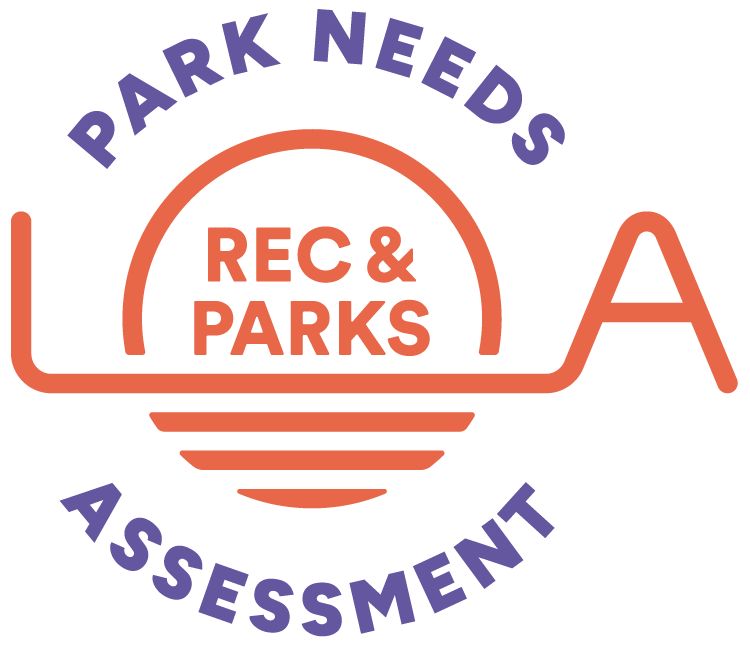Create local hiring opportunities.
Beyond places for recreation, parks and recreation facilities can also be places of employment for community members. For positions that do not need commission approval, RAP should advertise job openings at community events and at recreation centers to prioritize the hiring of people from nearby communities. When possible, existing staff should be considered for promotions to new positions within the same park. This approach builds trust by preserving relationships between staff and the neighborhoods they serve.
Appoint staff community liaisons.
Some vulnerable groups that depend on parks, such as street vendors or individuals experiencing homelessness, would benefit from having RAP staff that serve as dedicated community liaisons to ensure continuity of communication. Having a specific point of contact for community members and advocacy groups alike can improve clarity of communication and can help minimize conflict within parks. In addition to first aid and CPR, these staff members should be trained in harm reduction and de-escalation techniques.
Appoint accessible guides.
Certain impaired groups would benefit from having dedicated RAP staff or volunteers help guide them through the park and its facilities. Some community members express interest in using park amenities but do not know how to operate them. Having RAP staff assist with this would be key to greater community usage.
